US reopens investigation of Emmett Till murder 63 years after brutal killing inspired civil rights movement
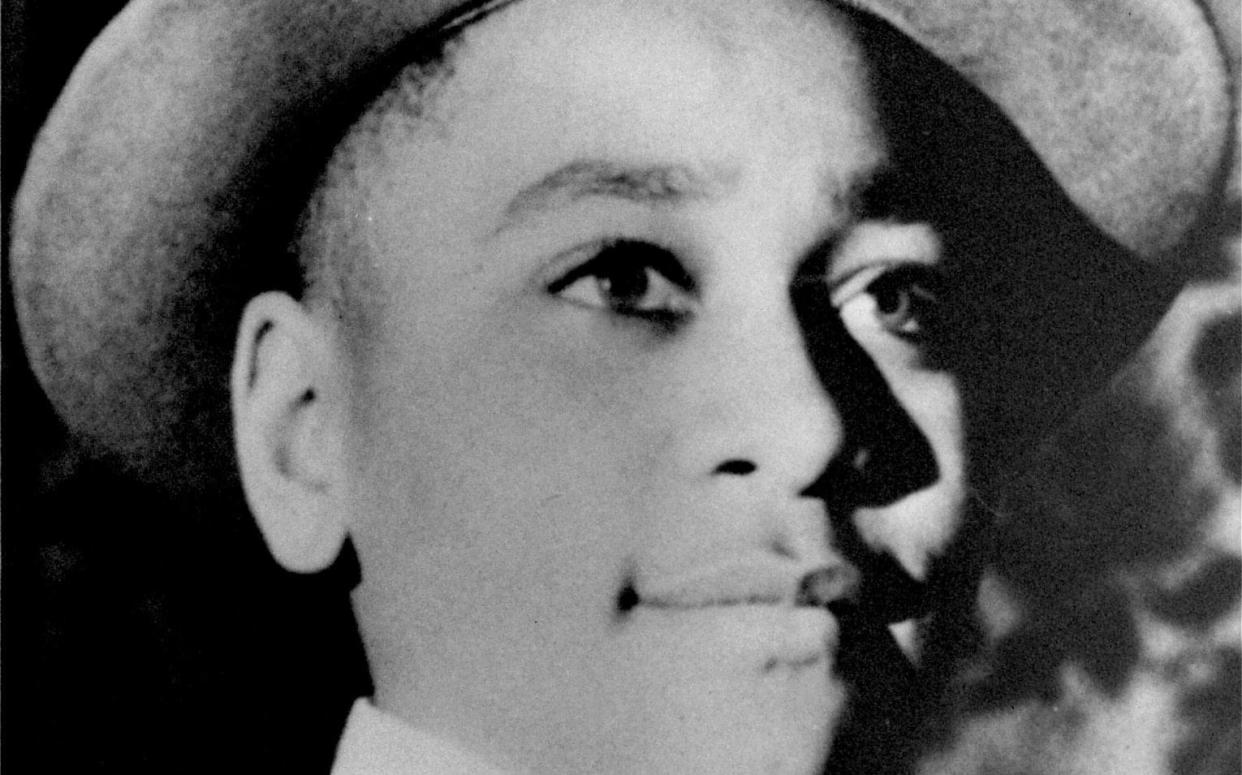
The US government has reopened its investigation into the 1955 murder of a black teenager whose brutal killing helped inspire the civil rights movement.
The Justice Department announced it had received new information about the murder of Emmett Till in Money, Mississippi and is re-investigating the case.
Abducted from the home where he was staying, Mr Till was beaten and shot, and his body was found weighted down with a cotton gin fan in the Tallahatchie River.
His mother, Mamie Till, had his casket left open. Images of his mutilated body gave witness to the depth of racial hatred in the Deep South and helped build momentum for subsequent civil rights campaigns.
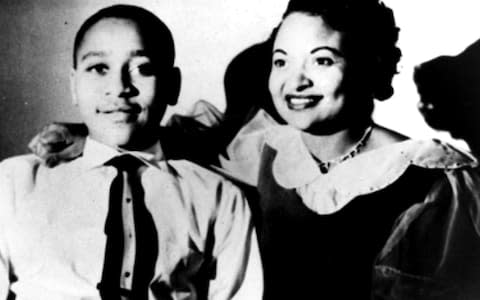
The investigation into his murder was closed in 2007 with authorities saying the suspects were dead.
But a book published last year claimed a key figure in the case, Carolyn Donham, a white woman, lied about events preceding the teenager's murder.
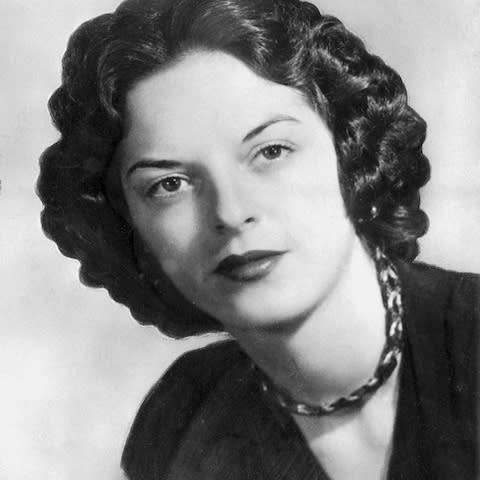
The book by Timothy B Tyson, The Blood of Emmett Till, said that Ms Donham admitted to lying about the events leading up to the lynching.
Ms Donham told police in 1955 that the 14-year-old whistled at her and tried to grab her inside a store. He was later abducted from his uncle's home, where he was staying for the summer, and was beaten and shot.
Mr Tyson quotes a 2008 interview with Ms Donham in his book, acknowledging that she lied when she claimed Till made sexual advances in her testimony. “Nothing that boy did could ever justify what happened to him,” she says in the book.
Two white men - Ms Donham’s then-husband, Roy Bryant, and his half-brother JW Milam - were charged with the murder but were later acquitted by an all-white jury.
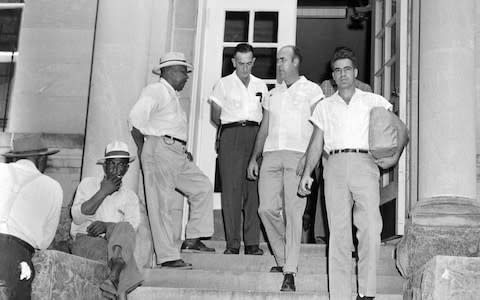
Both men later confessed in a magazine interview the following year but said they had done nothing wrong. They were not retried and have since died.
Testimony at the time of the trial indicated a woman might have been in a car with Bryant and Milam when they abducted Mr Till, but no one else was ever charged.
Ms Donham, who will be 84 this month, has declined comment to on the reopening of the investigation.
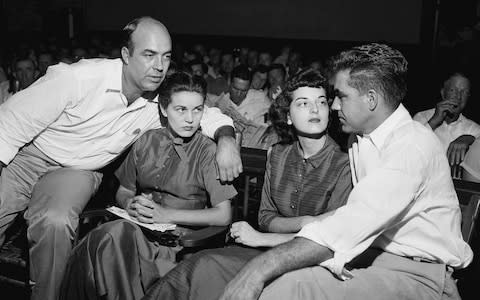
Deborah Watts, a cousin of Mr Till's, said she was unaware the case had been reopened until she was alerted by the media.
"None of us wants to do anything that jeopardizes any investigation or impedes, but we are also very interested in justice being done," Ms Watts said.
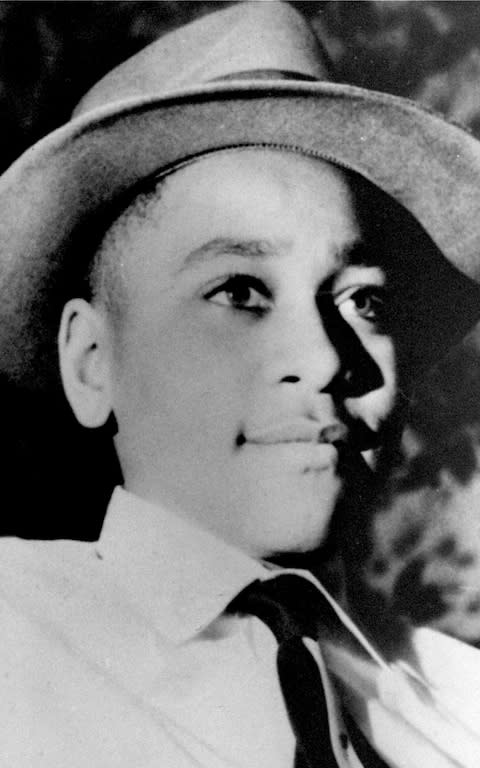
The federal report, sent annually to lawmakers under a law that bears Mr Till's name, does not indicate what the new information might be.
But the teenager's relatives pushed Jeff Sessions, the Attorney General, to reopen the case last year after publication of Mr Tyson's explosive book.
The government has investigated 115 cases involving 128 victims under the "cold case" law named for Mr Till, the March report said.
Only one resulted in in a federal conviction since the act became law, that of Ku Klux Klansman James Ford Seale for kidnapping two black teenagers, Charles Moore and Henry Dee, who were killed in Mississippi in 1964.
At least 109 of the investigations have been closed, the report said.
Mr Till's death sparked demonstrations across the US- including one hosted by Martin Luther King Jr.
Rosa Parks, who protested against segregation on buses in Montgomery, Alabama, later said she had the teenager in mind at the time.
Harper Lee also began to write her novel To Kill A Mockingbird around the time of Mr Till's murder.

